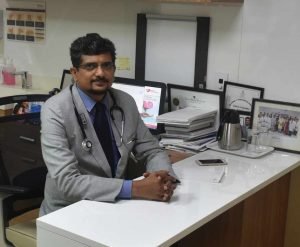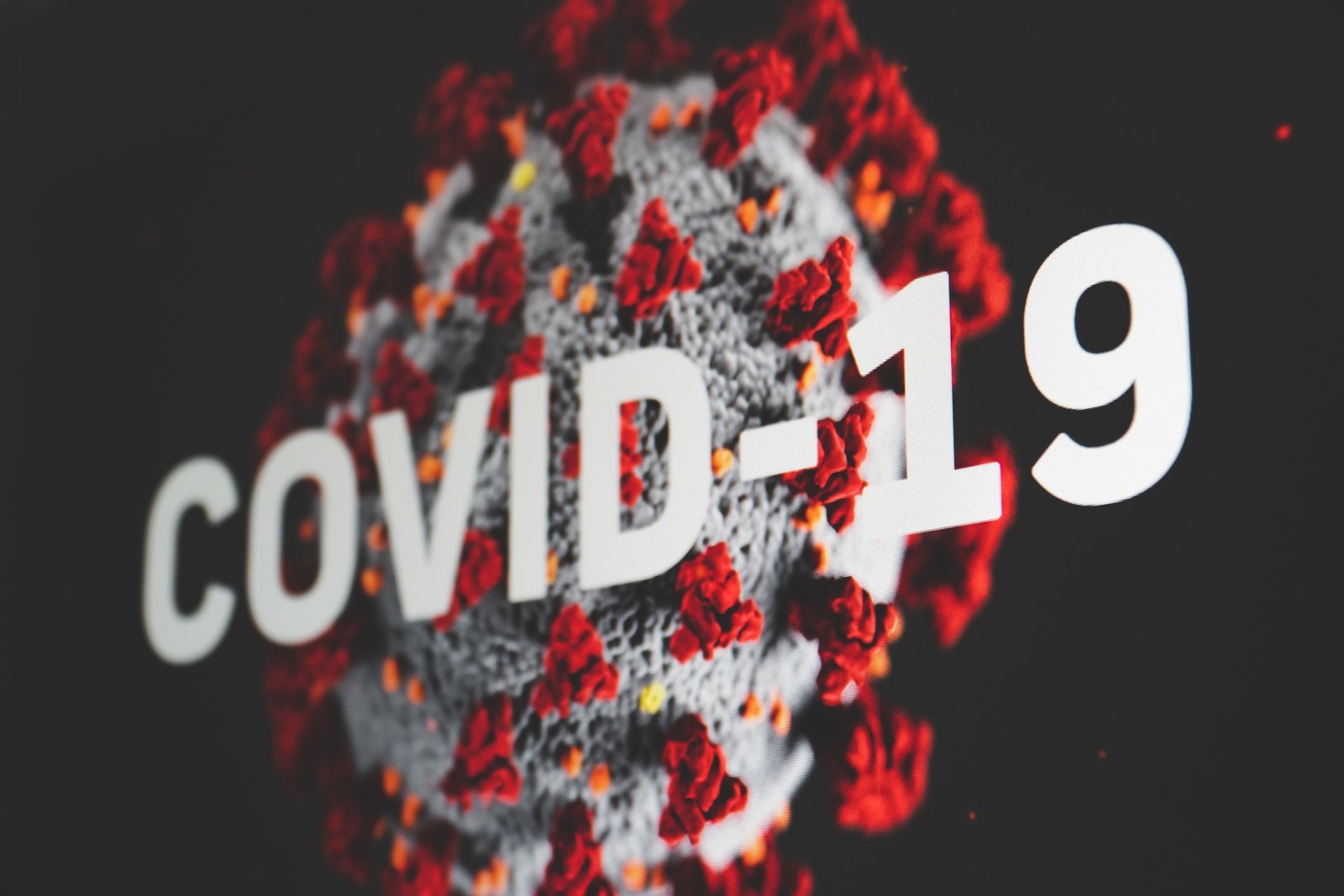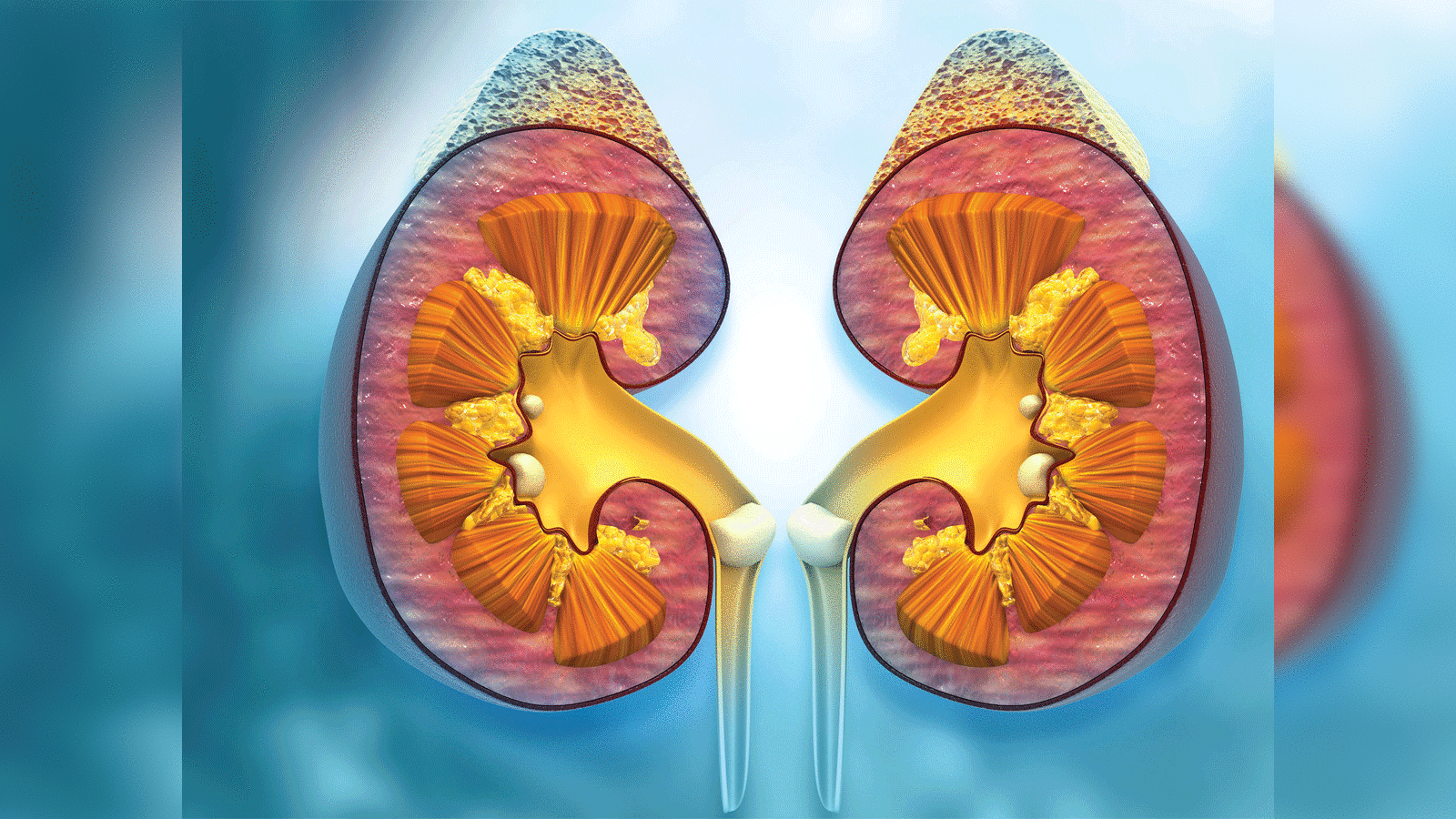By – Dr. Bipeenchandra Bhamre
An arrhythmia can be described as an abnormal heartbeat. One may encounter this problem due to the electrical impulses that tend to coordinate your heartbeats do not work properly, leading to your heart beating too fast or too slowly or even irregularly. Hence, it is the need of the hour to seek an expert opinion, if you have an arrhythmia. Read on to know more and treat it accordingly.
An arrhythmia can be termed as an awareness of ones owns irregular or abnormal heartbeats. Are you aware? Normally, our four chambers beat in sequence and we are used to this sequential heartbeat known as sinus rhythm. One doesn’t even know about the normally beating.
Types of arrhythmias:

There are several types of arrhythmias, that will present at different times of life with a variety of causes and one will have to take out an ECG and seek consultation with a cardiologist for a diagnosis. Did you know? One common type of arrhythmia is called atrial fibrillation, which occurs in later life or if you encounter a heart valve disease, some old folks will have no apparent reason , we call it lone fibrilators. You may get a feeling that the heart is racing or beating too slowly other signs and may be related to your heart not pumping blood effectively due to fast or slow heartbeat. You will be shocked to know that these signs may be breathing difficulties, fatigue, dizziness, fainting, and even chest pain. Moreover, another type of arrhythmia that is fatal is known as ventricular fibrillation. This occurs mostly after heart attacks and the patient loses his/her life.
The common causes:
Can be diabetes, alcohol abuse, family history, high blood pressure, scarring of the heart owing to a heart attack, smoking, stress, anxiety, thyroid problems, congenital heart disease, structural changes that occur in the heart and even certain medications as well can lead to arrhythmia. Arrhythmias can raise your risk of suffering from a stroke or even heart failure.
The treatment :
You need to take expert opinion for diagnosis and treat cardiac arrhythmia in emergency situations. if you have any family member who has suffered a sudden loss of consciousness after heart attack due to ventricular arrhythmia then you need to learn cardiopulmonary resuscitation (CPR) can be helpful. It is a procedure performed when one’s heart stops beating. Immediate cardiopulmonary resuscitation is required and call ambulance, and shift the patient immediately to the hospital. chest compressions and artificial ventilation is done in order to maintain one’s circulatory flow and oxygenation. Overall, cardiac arrhythmias are not that uncommon and if you develop any above symptoms seek an expert opinion.
How to prevent arrhythmia?
- Bid adieu to smoking and alcohol.
- Cut down on stress and practice relaxation techniques such as yoga and meditation.
- Have medications only after being prescribed by the doctor. Self-medication is a strict no.
- Eat a well-balanced diet that is loaded with fresh fruits, vegetables, and whole grains. Stay physically fit by exercising on a daily basis. You can opt for walking, running, aerobics or swimming.









